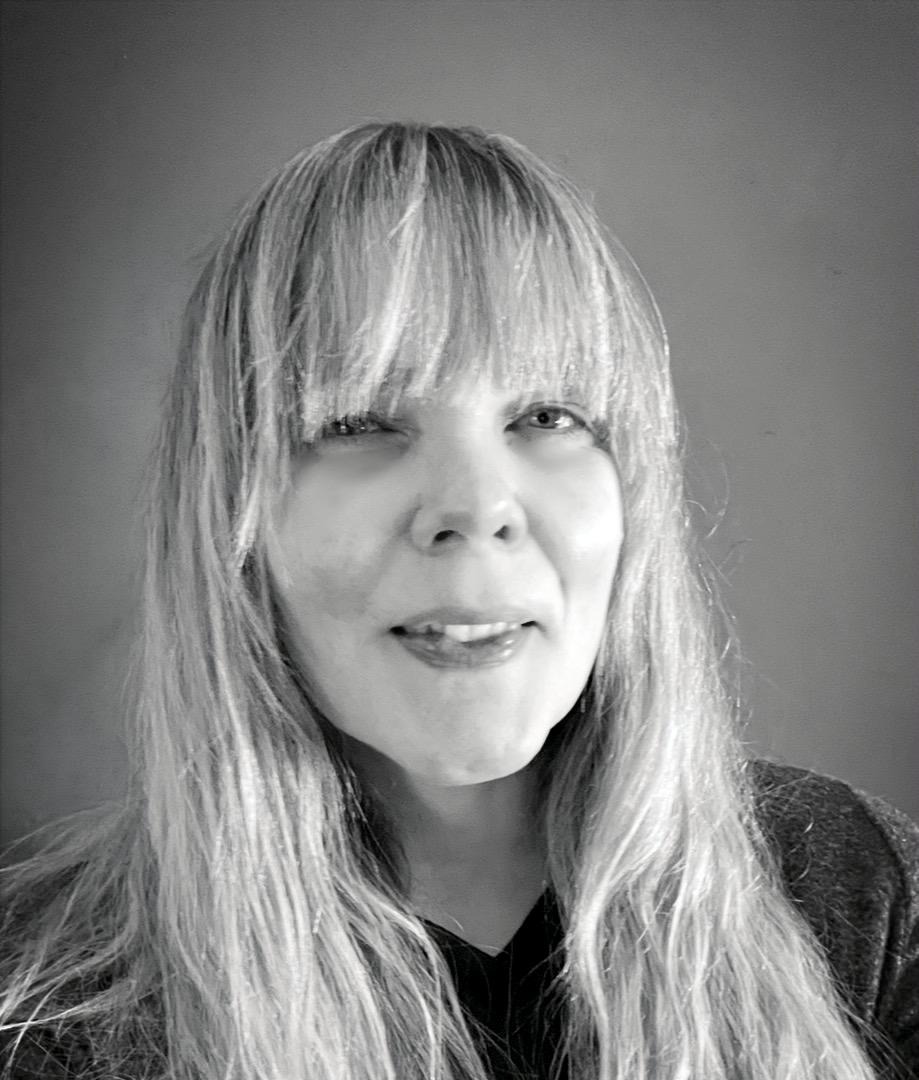
My route into HR wasn’t mapped out from the start. I stepped into the field because someone thought I’d be good at it. What kept me here was realising how vital it is to have someone who’s prepared to ask honest questions and navigate the messy, human parts of business - not just to recite rules. I never saw myself as separate from anyone else; but I do have a knack for cutting through complexity and helping people (and organisations) move forward - especially when the stakes are high.
● Finding My Voice with Leadership: Early in my career, without a long track record to rely on, I realised that listening and reading the room mattered just as much as having the courage to speak up. It wasn’t only about saying what I thought was right; understanding others, gauging the atmosphere, and choosing the right moment were equally important.
● Realising Everyone’s Figuring It Out: Seeing that most people - at every level - are working things out as they go gave me confidence to trust my approach and speak up.
● Overhearing the Truth: I once heard: “HR isn’t meant to take the hit; it’s about advising managers.” That clicked for me. My role is to support, not shield. From then on, I focused on providing practical, clear advice - making managers better at their jobs instead of absorbing stress for them.
● Seeing Law in the Real World: Applying employment law isn’t about what the book says; it’s using real-life experience to find what actually works when situations get messy. ‘Black and white’ doesn’t exist when people’s livelihoods are on the line.
The biggest tests in HR rarely come with easy answers, especially when dealing with high-pressure or emotional situations. Managers often want to push boundaries; my job is to know the law inside out - and just as importantly, to understand how things play out in reality. Instead of simply saying “no,” I look for compliant, realistic solutions and keep the conversation open. I’ve found my credibility comes from this blend of legal knowledge, lived experience, and an ability to offer pathways forward - even if they’re not what people wanted to hear.
I’ve also learned to take a step back emotionally. I don’t carry the burden for others; I empower managers to handle tough stuff, knowing that real growth and resilience comes from their own experience.
HR is now about doing more with less, thanks to smart, efficient technology. Automation and AI have taken over much of the admin - payroll, recruitment, basic queries - so I can focus on the stuff that really matters: people, performance, and culture. We use these tools to streamline work, but human sense and experience always come first. Nearshore and offshore support models offer flexible expertise, letting us scale and save money.
Lean, Standalone Roles: Small, independent HR teams are the new normal, with one person managing more through smart technology and partnerships. Moving Away from Clunky, Flashy Systems: There’s less tolerance for overblown digital platforms with little impact. The best HR happens when people are treated as adults and managers invest real time - not just box-ticking - with their teams.
Solution-Focused, Legally Grounded Advice: The real skill is giving managers workable options; understanding what’s possible within the law, given the practical realities.
Respect and Simplicity: Give people their rights, communicate like grown-ups, and cut out unnecessary bureaucracy - results improve, and HR’s value skyrockets.
Stay grounded and never fall for the myth that others have all the answers - everyone’s learning, even at the top. When managers try pushing past legal or ethical lines, don’t just say no; know the law, listen, and help them find an honest path forward. Your job is to clear the fog, not add to it. Relationships matter - be a genuine partner, use your sense of humour, and always stay fair.
Textbook knowledge isn’t enough. You’ll need:
● Deep expertise in employment law - and the ability to apply it in messy, real-life situations.
● Confidence to advise, not shield, managers - the accountability’s theirs, and you help them grow by guiding, not doing.
● Tech know-how, speed, and adaptability; the pace keeps changing.
● Emotional intelligence and resilience - you’ll face tough stuff, but how you handle it makes all the difference.
If I had the opportunity to explore another career, I would be either a psychotherapist or a barrister. Both paths strongly appeal to me for how they would allow me to use my analytical skills and deep interest in people in different but equally meaningful ways.
Real HR isn’t about hiding behind policies or being the office disciplinarian. It’s knowing how law and people mix - offering solutions, maintaining trust, and navigating every challenge with a mix of pragmatism, humour, and calm. I don’t aim to “fix” everything; I’m here to guide, empower, and help others see what’s possible, even when it’s uncomfortable. That’s where the real impact - and satisfaction - comes from.